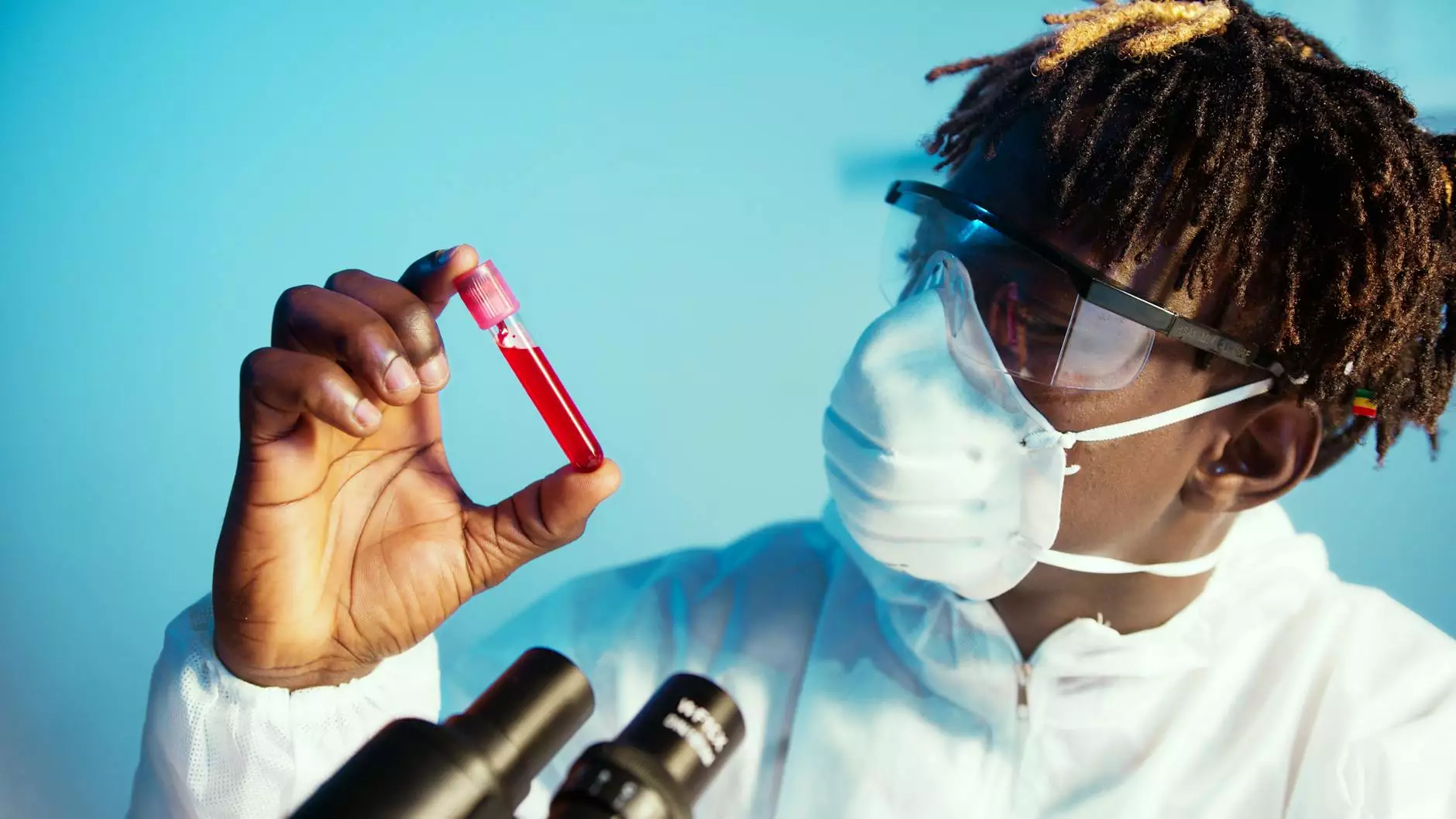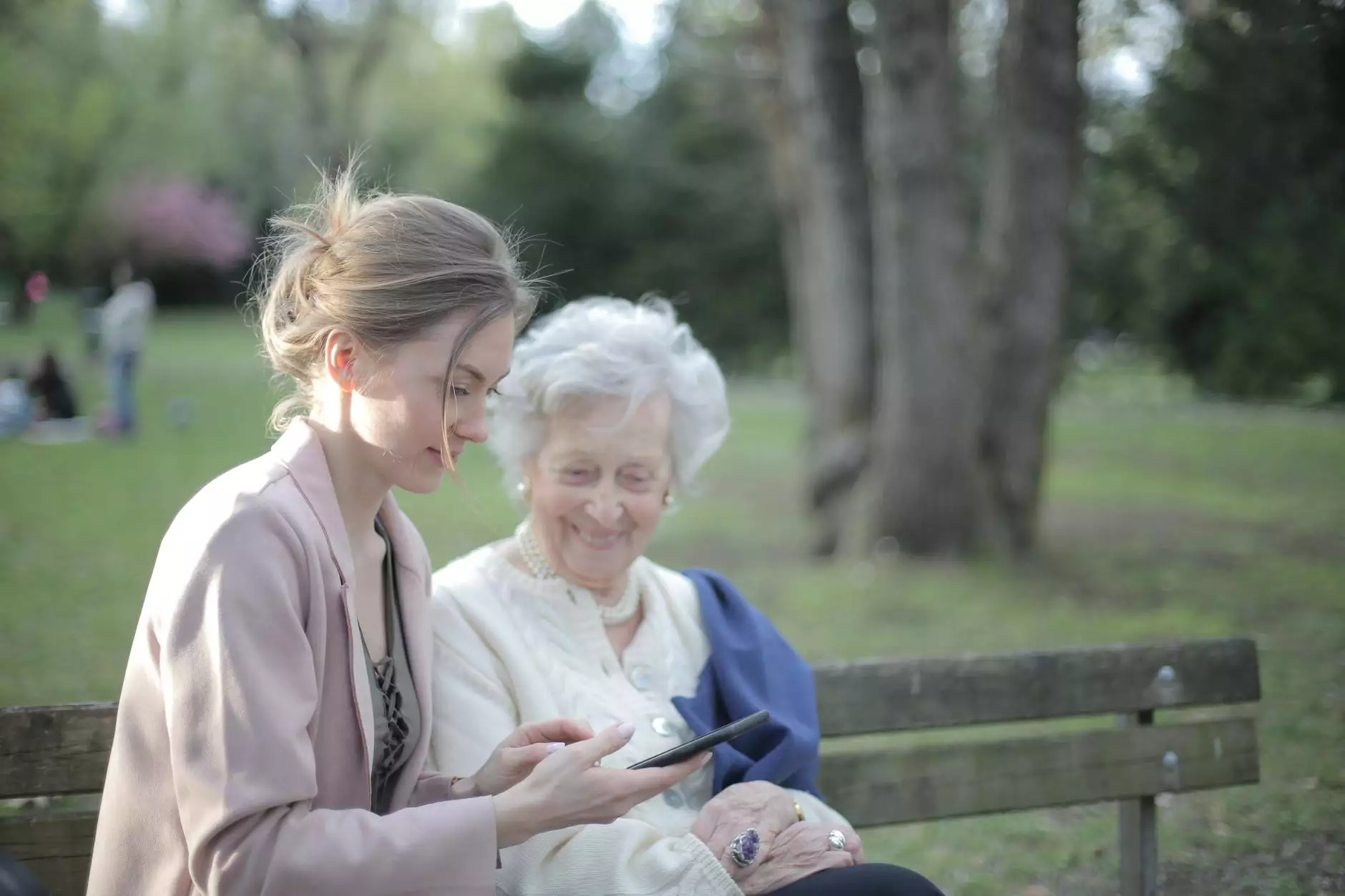Understanding the Sensations of Blood Clots

Introduction
Welcome to Vein Center of Arizona, your trusted source for all things related to vascular medicine and health. In this comprehensive article, we delve into the topic of blood clots and explore the sensations and symptoms associated with them. Our team of skilled doctors specializes in diagnosing and treating various vascular conditions, including blood clot-related issues. Read on to gain a deeper understanding of what a blood clot feels like and how we can assist you.
What Does a Blood Clot Feel Like?
Many individuals wonder about the sensations experienced when a blood clot forms in the body. The symptoms can vary depending on the location and severity of the clot. Here are some common signs that may indicate the presence of a blood clot:
1. Pain or Deep Vein Thrombosis (DVT)
A blood clot in the veins, known as deep vein thrombosis (DVT), often causes pain and discomfort. The affected area may feel warm, tender, or swollen. In some cases, the skin over the clot may turn red or develop a bluish coloration. It is crucial to seek medical attention if you experience these symptoms, as untreated DVT can lead to serious complications.
2. Pulmonary Embolism
A blood clot that travels to the lungs is called a pulmonary embolism. This condition can cause shortness of breath, chest pain, coughing (sometimes with blood), and rapid heartbeat. If you notice any of these symptoms, it is essential to seek immediate medical attention, as pulmonary embolism requires prompt diagnosis and treatment.
3. Stroke
In some cases, blood clots can form in the blood vessels leading to the brain, causing a stroke. Symptoms of a stroke include sudden weakness or numbness on one side of the body, difficulty speaking or understanding speech, severe headache, dizziness, and trouble seeing. If you or someone you know experiences these symptoms, call emergency services right away.
4. Superficial Thrombophlebitis
Superficial thrombophlebitis refers to a blood clot forming in a superficial vein near the surface of the skin. It often presents as a firm, red, and tender vein that may be accompanied by pain. This condition typically resolves on its own but may require medical intervention for pain relief or if it worsens.
Diagnosis and Treatment
Understanding the sensations of blood clots is essential, but diagnosing and treating the underlying cause is equally crucial. At Vein Center of Arizona, our team of experienced doctors utilizes advanced diagnostic techniques to accurately identify and locate blood clots. These methods include ultrasound, Doppler imaging, and venography.
Once diagnosed, our doctors will create a personalized treatment plan tailored to your specific needs. Treatment options for blood clots may include medication, such as blood thinners, to prevent further clotting and promote blood flow. In some cases, minimally invasive procedures, such as thrombolysis or thrombectomy, may be necessary to remove or dissolve the clot.
Prevention Measures
Preventing blood clots is vital, particularly if you are at a higher risk. Here are some helpful tips to reduce the likelihood of blood clot formation:
- Maintain a healthy weight through regular physical activity and a balanced diet.
- Avoid prolonged periods of inactivity, especially during long flights or after surgery.
- Stay hydrated by drinking enough water throughout the day.
- If prescribed, take blood thinners as directed by your healthcare provider.
- Avoid tobacco products and limit alcohol consumption.
Why Choose Vein Center of Arizona?
At Vein Center of Arizona, we pride ourselves on our expertise in vascular medicine and commitment to patient care. Our team of skilled doctors specializes in diagnosing and treating blood clot-related issues, ensuring you receive the highest level of personalized care.
With state-of-the-art facilities and advanced technologies, we guarantee accurate diagnoses and effective treatment options tailored to your needs. Our compassionate staff is dedicated to guiding you through every step of your journey towards better vascular health.
In Conclusion
Understanding the sensations and symptoms of blood clots is crucial for early detection and timely treatment. If you experience any of the symptoms mentioned in this article, it is essential to seek medical attention promptly. Vein Center of Arizona is here to provide expert care and support, offering cutting-edge diagnostics and personalized treatment options.









